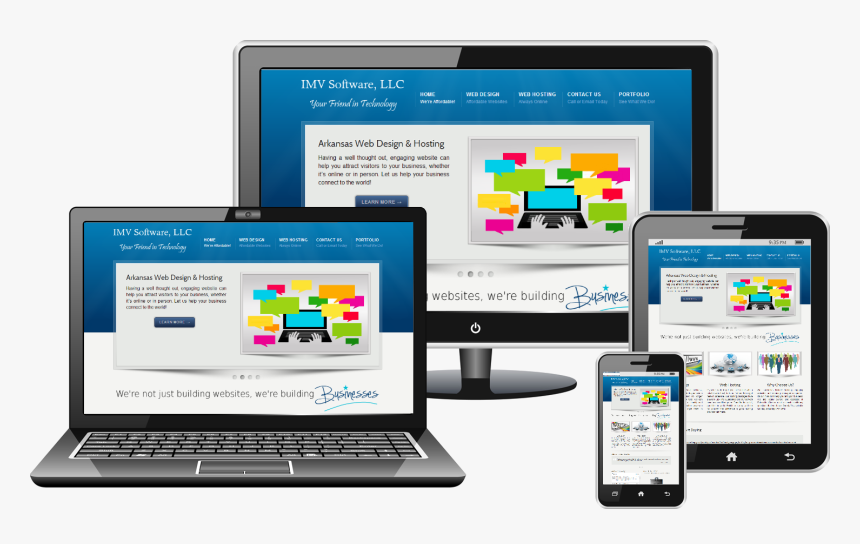Personal Branding and Online Reputation Management (ORM)








Personal Branding and Online Reputation Management (ORM)
Personal Branding and Online Reputation Management (ORM) intersect to shape how individuals present themselves and are perceived online. Effective personal branding establishes a consistent and positive identity, while ORM focuses on maintaining and protecting this reputation across digital channels. Here are key insights into managing this dynamic for individuals looking to enhance their online presence:
1. Building a Personal Brand Online
- Define Your Unique Value Proposition (UVP): Personal branding begins with understanding your strengths, expertise, and the unique value you bring to your field. This should be consistently reflected in your digital presence, including social media profiles, blogs, and other public-facing channels.
- Create Quality Content: Publishing insightful content, whether through blog posts, videos, or social media updates, can position you as a thought leader in your industry. Consistent content creation enhances visibility and helps establish a strong online identity.
- Develop a Professional Online Portfolio: Use platforms like LinkedIn or personal websites to showcase your work, accomplishments, and testimonials. A strong online portfolio is crucial for demonstrating expertise and building trust.
2. Proactive Online Presence Management
- SEO for Personal Branding: Just as businesses use search engine optimization (SEO) to control search results, individuals can optimize their online profiles (e.g., LinkedIn, personal websites) to rank prominently in search results for their names or related keywords. This makes it more likely that positive content appears first when someone searches for you.
- Social Media Engagement: Engage on platforms relevant to your industry to enhance visibility. Sharing thoughtful content, commenting on industry trends, and participating in relevant discussions can establish a credible online presence.
- Regular Updates: Continuously update your online profiles to ensure accurate reflection of your current expertise and accomplishments.
3. Monitoring and Protecting Your Reputation
- Set Up Alerts: Use tools like Google Alerts to monitor mentions of your name, ensuring you are aware of any content or comments that could impact your reputation.
- Respond Thoughtfully: If you encounter negative content or feedback, handle it professionally. Engaging respectfully and offering solutions demonstrates maturity and commitment to personal growth.
- Control Privacy Settings: Be mindful of what you share on personal social media accounts. Adjusting privacy settings can help limit who sees certain content, ensuring your professional brand is not compromised by personal posts.
4. ORM Techniques for Personal Branding
- Content Saturation: Generate enough positive, optimized content to dominate search engine results, pushing down any negative or irrelevant content.
- Networking and Relationship Building: Connect with industry leaders, speak at events, or collaborate on projects to build positive associations. These relationships often contribute to enhanced reputation visibility.
- Leverage Reviews and Testimonials: Seek endorsements from colleagues, clients, or mentors that can be displayed on your profiles or website. Positive testimonials contribute to trustworthiness and authority.
5. Crisis Preparedness and Response
- Have a Crisis Plan: If a reputation crisis arises (e.g., negative press or harmful allegations), have a clear plan for handling it. Swift, transparent, and professional responses often minimize damage.
- Legal Considerations: Understand the limits of online interactions, including libel laws or defamation risks, particularly when addressing public criticism.
6. Aligning with Your Values
- Authenticity Matters: Personal branding should authentically reflect your beliefs, mission, and professional goals. Misrepresentation can lead to distrust if discrepancies are revealed.
- Ethical Conduct: Adhere to ethical standards in all online interactions, reinforcing your brand’s integrity and credibility.
7. Tools for Personal ORM
- Reputation Management Platforms: Tools like BrandYourself, Mention, and Reputation.com can assist individuals in monitoring their online presence, pushing positive content, and addressing potential issues.
- Social Media Management Tools: Platforms like Hootsuite or Buffer allow for consistent, planned content sharing to build and maintain a robust online brand.
Examples of Effective Personal Branding and ORM
- Elon Musk actively uses social media, especially Twitter, to engage with the public, promote ventures, and shape his brand narrative. While controversial at times, Musk’s direct approach maintains a strong and visible presence.
- Influencers and Professionals often use LinkedIn or industry-specific forums to establish authority through articles, webinars, and active networking.
Key Takeaways
Personal branding and ORM work hand in hand to ensure that individuals present a positive and accurate reflection of themselves online. Proactively creating content, engaging authentically, and monitoring your digital footprint can protect and strengthen your reputation, setting you apart as a credible thought leader or industry expert.

